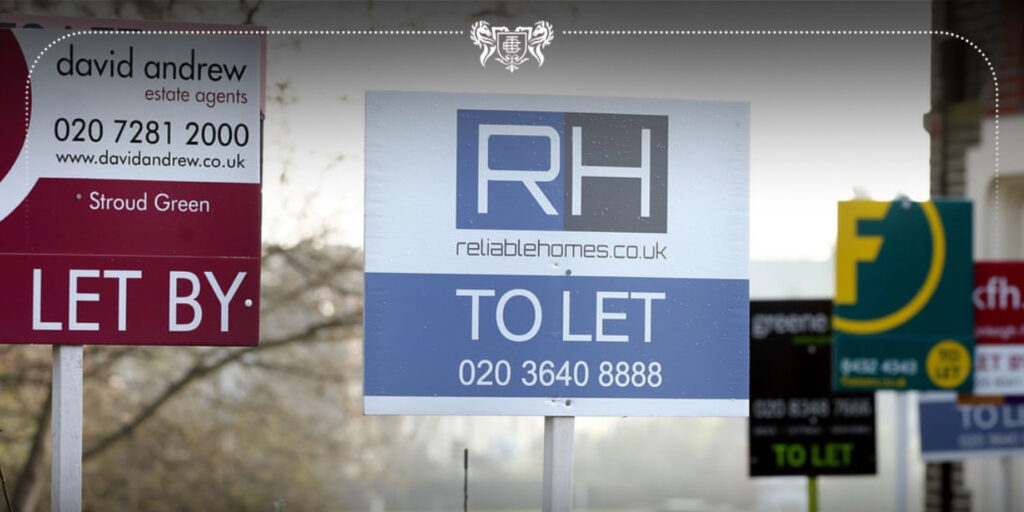The UK government is under fire following the recent budget announcement confirming that local housing allowance (LHA) will remain at current levels until 2026, despite surging rental prices.
Liz Kendall, Secretary of State for Work and Pensions, confirmed the decision on Thursday, sparking widespread criticism from housing experts and social welfare organisations.
The LHA, which determines the housing benefit available to low-income renters, has not consistently kept up with rising rental prices for over a decade.
Although the Conservative government raised the allowance earlier this year after years of freezing it for seven of the past 12 years, the latest budget failed to include further adjustments.
Cara Pacitti, senior economist at the Resolution Foundation, voiced disappointment over the decision. “We were really disappointed not to have seen an increase in local housing allowance to support low-income renters with their housing costs,” she said.
“While LHA was adjusted last year to align with local rents, an 8% increase in rental prices since then has created an unsustainable situation, leaving families struggling to bridge the gap between their benefits and actual rental costs.”
A study by the Joseph Rowntree Foundation found that private renters relying on LHA will be, on average, £243 worse off annually due to the freeze. If rental prices continue to escalate, this figure could rise to £703 by the end of the current parliamentary term.
The Office for National Statistics (ONS) reported that average private rents across the UK increased by 8.4% from September 2023 to September 2024. Housing campaigners have highlighted the impact this will have on millions of households.
Ben Twomey, chief executive of Generation Rent, criticised the budget’s implications.
“The LHA freeze was hidden in the budget’s small print, yet it will affect 4.6 million people who receive housing support. This decision essentially withdraws vital assistance from those who need it most,” he said.
Twomey stressed that half of LHA recipients have children, warning of an impending rise in poverty, homelessness, and rent arrears.
Chris Norris, policy director at the National Residential Landlords Association, pointed out that rising rents are not only a result of increasing demand but also stem from landlords exiting the market due to higher costs and tighter regulations.
“Landlords have been facing significant cost increases over the past couple of years,” he noted.
Norris also criticised the budget’s decision to raise stamp duty on second homes and buy-to-let properties from 3% to 5%, arguing it would stifle growth in the rental market.
“Adding new properties to the rental market is simply becoming more expensive,” he said.
Twomey further attributed the spike in rent prices to a lack of regulation. “Rents go up because landlords are free to increase them without checks. The market rate is effectively set by landlords who determine prices as they see fit,” he stated.
As rental costs continue to climb and the LHA freeze remains in place, housing advocates warn that many families could face severe financial hardship, exacerbating the housing crisis.


